Are you considering remodeling your bathroom and wondering, “do you need a permit for bathroom remodel?” This is a common concern for many homeowners, like you, starting on a bathroom renovation journey.
Understanding the complexities of the permit process is an essential first step in any home improvement project. Without the necessary bathroom remodeling permits, an exciting renovation project can quickly turn into a stressful ordeal involving potential penalties, delayed timelines, or even problems with future home sales.
Bonsai Builders, a team known for our exceptional craftsmanship and attention to detail, are all too familiar with these challenges. With our experience and knowledge of the Massachusetts construction regulations, we intend to debunk the mystery surrounding building permits in this article.
Table of Contents

We’ll explore what types of tasks require permits, how the permit process works, and the repercussions of skipping this crucial step.
Here’s a quick snapshot of what to consider when thinking about a building permit in Massachusetts:
- Type of work involved: Structural changes and extensive electrical or plumbing work generally require permits.
- Local regulations: Permits requirements can vary from one county to another.
- Impact on future home sales: Unpermitted work can cause major issues when you decide to sell your home.
- Avoiding penalties: Working without needed permits can result in fines or work stoppages.
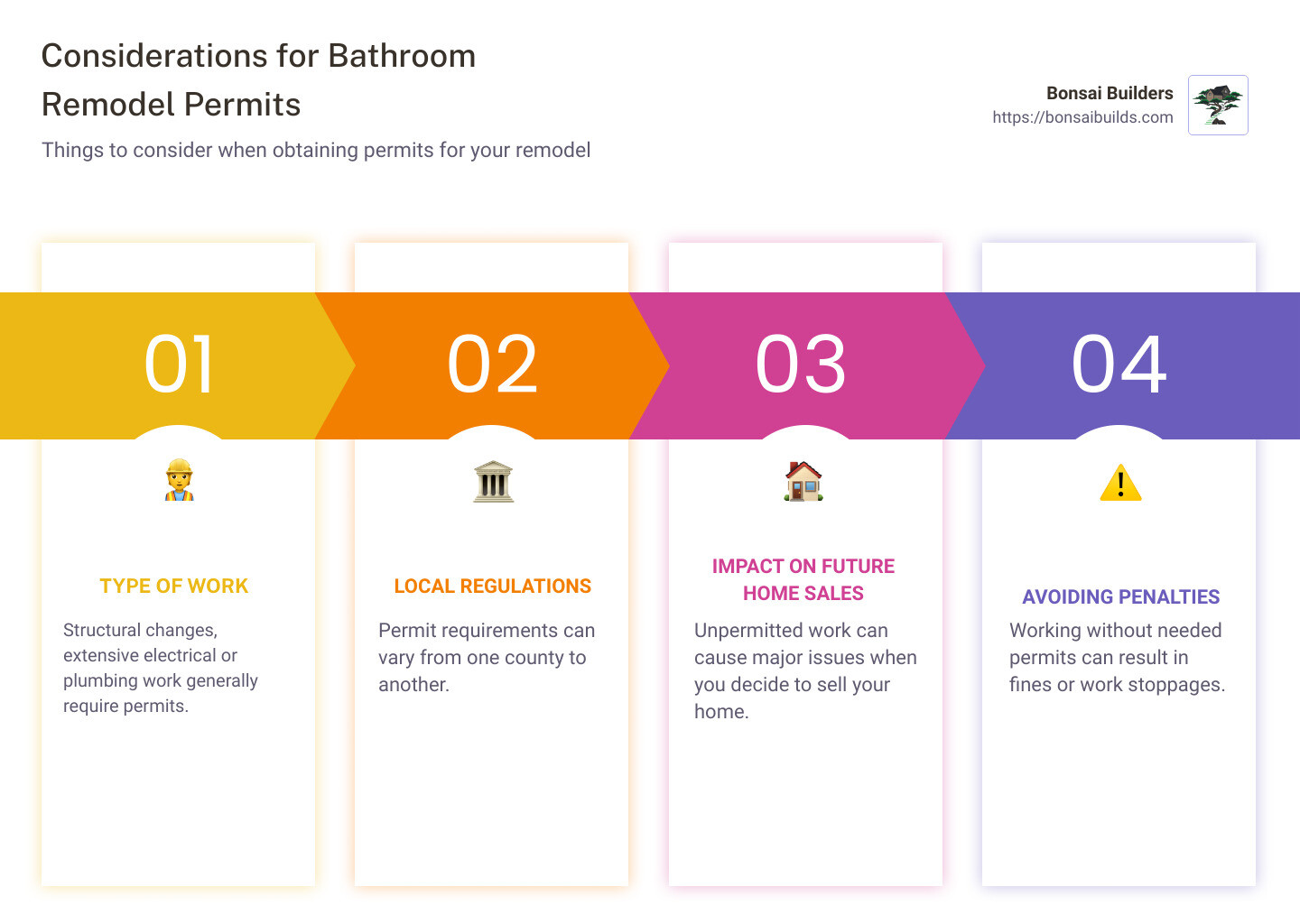
Starting on a bathroom renovation project without understanding the need and process for obtaining permits can lead to headaches down the road. So keep reading as we simplify this complex topic and help you navigate through your bathroom remodel journey smoothly.
Understanding the Importance of Permits for Bathroom Remodels
Before we delve into the specifics, let’s first understand why permits are such an integral part of the remodeling process.
The Role of Permits in Construction and Remodeling
Permits play a crucial role in ensuring that any construction or remodeling work adheres to local building codes and safety regulations. They serve as a safeguard for homeowners, guaranteeing that the work done on their property is up to standard and won’t pose any safety risks in the future.
Kristin Hintlian, a topic expert at Bonsai Builders, explains that
“Permits are not just a bureaucratic formality. They provide a system of checks and balances that ensures all construction work is conducted correctly and safely. This is critical when making significant changes to your home’s structure, electrical, or plumbing systems.”
Why Permits are Necessary for Bathroom Remodels
So, why do you need a permit for bathroom remodel? First and foremost, bathroom remodels often involve substantial changes to the plumbing, electrical, and sometimes structural components of your home. As these alterations can impact the safety of your home, they need to be inspected and approved by professionals.
As one user on the Bogleheads forum put it,
“If nothing else, it is good for the contractor to know there will be an inspection. Better to have the hassle of the permit and inspection then to have your contractor deciding to cut a corner at the end of the workday because they know it will be buried behind a wall.”
Furthermore, if your remodel is not up to code, it can lead to problems when you decide to sell your home. Buyers may be put off by unpermitted work, or you may be required to rectify it at your own cost.
Another issue is insurance coverage. An unpermitted bathroom remodel could lead to insurance companies denying coverage in case of related damages.
As TheGreyingDuke points out,
“The first thing the insurance company does is check ‘was the work permitted?’. I believe in most cases if it hadn’t been, they will deny you coverage.”
In the next section, we’ll dive deeper into when exactly you need a permit for your bathroom remodel. Stay tuned to ensure your remodeling project is smooth sailing from start to finish.
When Do You Need a Permit for a Bathroom Remodel?
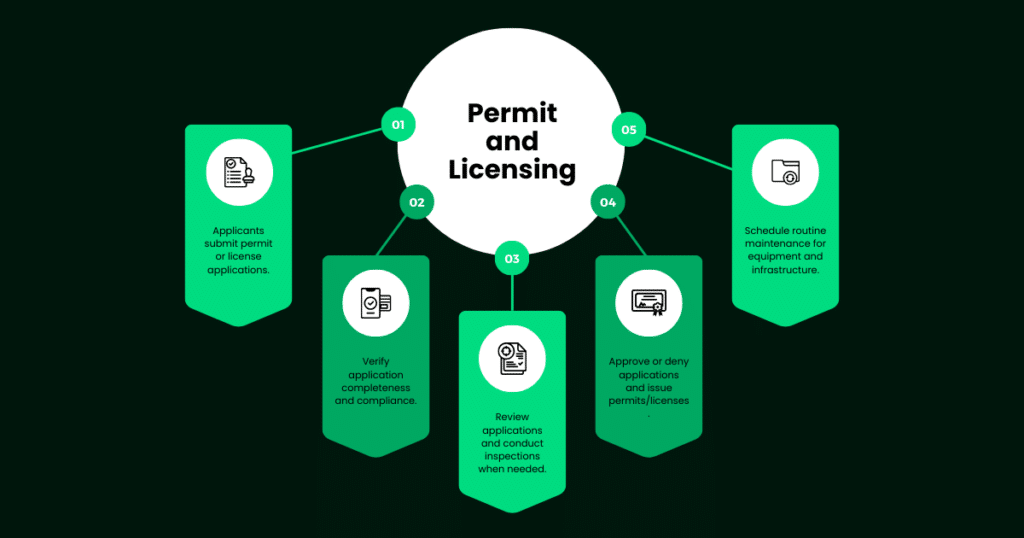
Knowing when you need a permit for a bathroom remodel is crucial to avoid any potential issues down the line. The electrical permit requirements can vary based on your location and the nature of the project.
Still, certain remodeling aspects generally require permits, such as structural changes, new plumbing, and electrical work, HVAC changes, and bathroom renovations above a certain cost threshold.
Structural Changes and Permit Requirements
Most local building codes require permits for structural changes during a remodel. These changes can include moving walls, altering the bathroom’s layout, or any other modifications that impact the overall structure of your home. If you’re planning on making any such changes, you’ll need to obtain a permit before starting the work.
Plumbing and Electrical Work: When Permits are Required
Plumbing and electrical work often require permits, especially if you’re installing new light fixtures or changing the existing plumbing system or electrical layout. For instance, the New York City Department of Buildings specifies that homeowners need a permit for any work that alters the fixture’s hot and cold water shutoff valves or trap.
However, there are exceptions. Simple repairs or direct replacement of existing faucets or fixtures like toilets and sinks are often considered cosmetic work and usually do not require a permit.
Always consult with local authorities, city inspector or a professional contractor to ensure you’re in compliance with the necessary permits and building codes.
HVAC Changes and the Need for Permits
Just like structural, plumbing, and electrical work, any minor changes to your home’s HVAC (Heating, Ventilation, & Air Conditioning) systems typically require a permit. If your bathroom remodel involves installing a new vent, for example, you’ll likely need to apply for a permit beforehand.
The Role of Cost Threshold in Permit Requirements
In some areas, the cost of your remodeling project may also trigger the need for a permit. This is known as the cost threshold. If your bathroom remodel exceeds a certain dollar amount, you’ll need to pull a permit, regardless of the nature of the work being done. The exact threshold can vary by location, so it’s always a good idea to check with a general contractor or your local building department to understand the rules in your area.
Navigating permits can be tricky, but that’s where we at Bonsai Builders, come in. Our team of professionals understands the ins and outs of local building codes and regulations.
We will guide you through the permitting process to ensure your bathroom remodel is done right and in compliance with all necessary regulations.
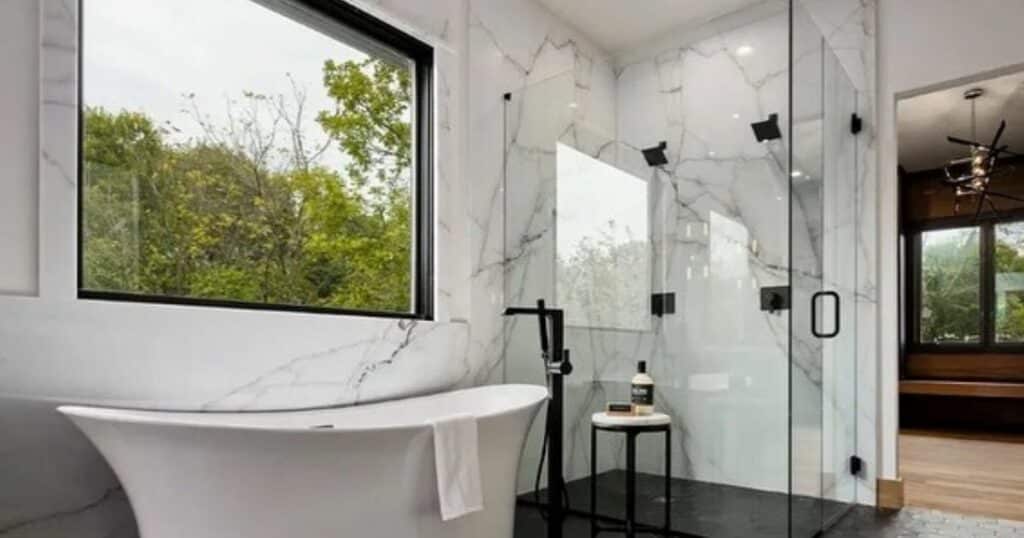
Do You Need a Permit for Bathroom Remodel in Boston, Massachusetts?
- Safety and Compliance: Building permits ensure that construction or renovation projects comply with local building codes and safety standards. These regulations are in place to safeguard against potential hazards and ensure structural integrity.
- Legal and Financial Protection: Securing proper permits can protect property owners from legal issues and financial liabilities. Non-compliance with building permit requirements may result in penalties, fines, or even legal action, which can be costly and time-consuming.
- Quality and Accountability: Building permits often involve inspections by qualified professionals during different phases of the project. These inspections ensure that the work meets safety and quality standards outlined in the building codes. Consequently, obtaining permits can contribute to higher-quality construction or renovation outcomes, as it holds contractors accountable for their workmanship.
By emphasizing these points, it becomes evident that obtaining a building permit is not just a regulatory requirement but a crucial step towards ensuring safety, compliance, protection, and quality in construction and renovation projects within Boston, Massachusetts.
The Consequences of Not Obtaining a Permit for a Bathroom Renovation

If you’re asking “do you need a permit for a bathroom remodel?” and considering skipping this step to save time or money, you might want to reconsider. The consequences of not obtaining a permit for your bathroom remodel can be severe, ranging from hefty fines to work stoppages, and can even affect the future sale of your home.
Penalties for Bathroom Renovations Without a Permit in Massachusetts:
- Fines and Fees: Building without the required permits in Massachusetts can result in substantial fines and fees imposed by the local authorities. These penalties can range from hundreds to thousands of dollars, depending on the scope and severity of the violation.
- Enforcement Actions: Local building departments can issue cease and desist orders, requiring an immediate halt to construction activities until proper permits are obtained. Failure to comply may lead to further legal action, such as court-ordered removal of unpermitted structures or modifications to ensure compliance with building codes.
- Property Consequences: Unpermitted construction work can create complications when selling the property, potentially affecting its market value or leading to negotiations with buyers. Additionally, insurance companies might refuse coverage for unpermitted structures, and in case of accidents or liabilities related to non-compliant work, the property owner could face legal repercussions and liabilities.
How Not Pulling a Permit Can Affect Your Home Sale
When it comes time to sell your home, not having the proper permits for your bathroom remodel could cause significant issues. If potential buyers discover that work was done without a permit, they may request a price reduction or even back out of the sale altogether.
Furthermore, in case of an insurance claim related to the remodeled area, the insurance company can deny coverage if the work isn’t permitted.
The Risk of Work Stoppages and Additional Fees
While fines are a definite concern, the consequences of not obtaining a permit don’t stop there. If your local building department discovers that work is being performed without a permit, they may demand that all work cease until the appropriate permit is obtained. This could result in costly delays and additional permit fees.
In conclusion, while it may seem like a hassle, obtaining the necessary permits for your bathroom remodel is crucial. It ensures that your project is up to code, safeguards against future legal and financial complications, and ultimately, provides peace of mind.
At Bonsai Builders, we handle and manage all permits with the city, making your remodeling journey smoother and stress-free.
How to Obtain a Permit for Your Bathroom Remodel
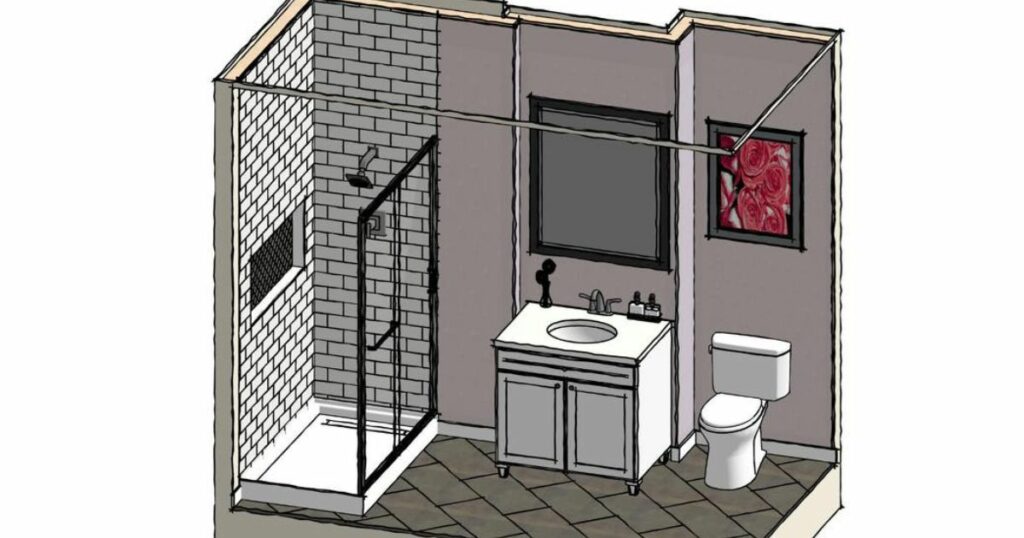
Before beginning any bathroom remodeling projects, it’s crucial to understand the permit process. Ensuring that you have the necessary permits for your bathroom remodel is a significant step in the planning process, and it can save you from potential issues down the line.
The Role of the Contractor in Obtaining Permits
As a professional remodeling company, at Bonsai Builders, we take the responsibility of obtaining permits off your shoulders. We know that the permit acquisition process can be daunting and time-consuming for homeowners.
We handle all the necessary paperwork and liaise with local authorities to ensure that your project meets all the required building codes and regulations. This way, you can focus on the exciting aspects of your remodel, like choosing fixtures and finishes.
The Homeowner’s Responsibility in the Permit Process
While we handle the bulk of the permit process, homeowners need to have reputable contractors understand their role as well. As a homeowner, it’s your responsibility to ensure that the person you hire is a licensed contractor who is bonded and insured. This protects you in case of any accidents or damage during the remodeling process.
It’s also crucial to keep an open line of communication with your general contractor about the progress of the permit process and any potential issues that may arise.
Understanding Local Building Codes and Regulations
Building codes and regulations vary from county to county. It’s crucial to understand your property taxes and local requirements for bathroom remodeling permits.
In some places, you may find counties that require a permit and inspection for some types of work, like septic systems, plumbing, and electrical.
As mentioned in a discussion on Bogleheads, permit requirements can vary significantly by jurisdiction. For instance, in some areas, you don’t need a permit for tiling, or replacing an in-kind toilet, faucet, tub, etc. But replacing outlets, light fixtures, and exhaust fans typically does require a permit.
Understanding these requirements can be challenging. We at Bonsai Builders are up-to-date with local code and regulations, and we ensure that your bathroom remodel meets all the necessary standards.
In conclusion, while the process of obtaining a permit for a bathroom remodel can seem daunting, it doesn’t have to be. With a professional contractor like Bonsai Builders, you can navigate this process with ease and confidence. Permits are a way to ensure that your bathroom remodel is safe, up to code, and will add value to your home.
The Role of Inspections in the Permit Process
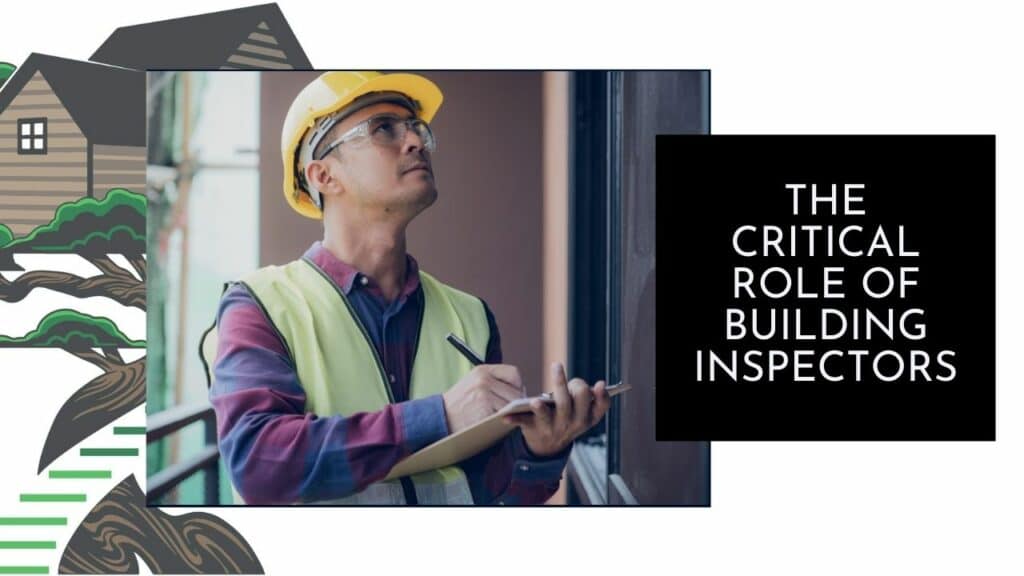
As we delve deeper into the question, “do you need a permit for bathroom remodel,” it’s crucial to understand the role of inspections in the permit process.
Inspections are an integral part of ensuring compliance with local building codes and maintaining the safety and quality of your remodeled bathroom.
The Importance of Rough-In and Final Inspections
Once you have your permit and construction begins, inspections play a vital role in ensuring that the work is up to standard. There are typically two types of inspections that occur during a bathroom remodel – the rough-in inspection and the final inspection.
- Rough-in inspection occurs after the initial stages of construction but before the walls are closed up. At this point, the building inspectors check to ensure that the plumbing, electrical, and HVAC work follows the original construction plans and code regulations.
- Final inspection, as the name suggests, happens once all the work is completed. Here, the inspector verifies that the final result aligns with the approved plans and local building codes. It’s only after this inspection that you can legally use your newly remodeled bathroom.
How Inspections Verify Compliance with Building Permits and Codes
The goal of these inspections is to ensure that the work done on your bathroom remodel complies with the stipulations of your permit and local building codes.
Inspectors check to confirm that all structural, plumbing, minor electrical work, and HVAC modifications are carried out correctly and safely. If any issues are found during these inspections, they must be addressed promptly to prevent further delays. This is one of the primary reasons why having a building permit is so crucial.
As DoubleComma pointed out on a forum post,
“the main advantage of having a permit is that there will be inspections to confirm the work is up to code. If something does pass inspection that is wrong, the licensed contractor will have to fix it at his own expense.”
In conclusion, inspections serve as a checkpoint system, ensuring that each phase of your bathroom remodel meets the necessary standards and adheres to the approved plans. This way, you can rest assured that your remodeled bathroom is not only beautiful and functional but also safe and up to code.
At Bonsai Builders, we pride ourselves on our commitment to quality and adherence to local regulations, helping you navigate the permitting requirements and inspection process with ease.
Conclusion: Do You Need a Permit for Bathroom Remodel with Bonsai Builders
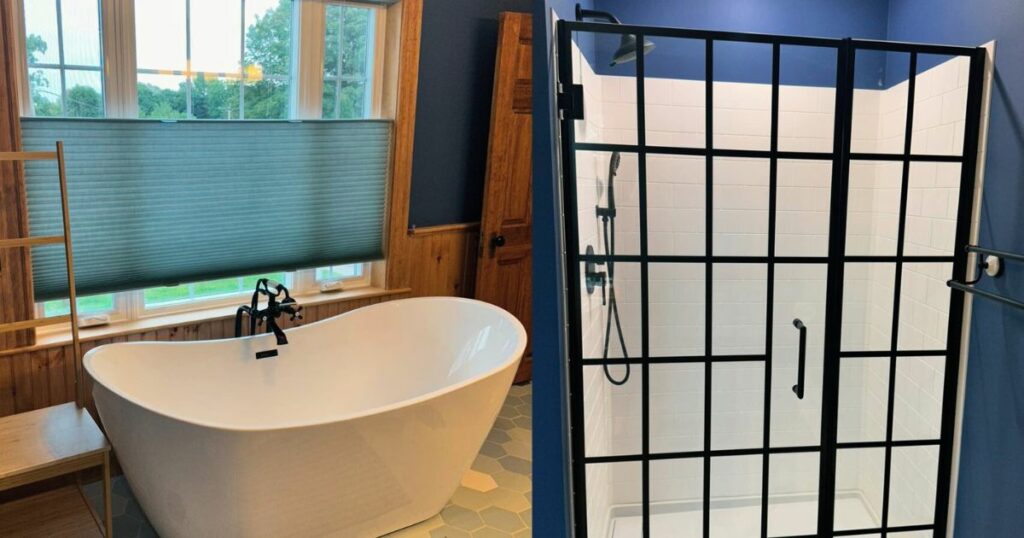
In the end, the question, “do you need a building permit for a bathroom remodel in Massachusetts,” isn’t just about compliance. It’s about ensuring that your remodel is safe, structurally sound, and able to stand the test of time. And at Bonsai Builders, we’re committed to making that happen.
Moreover, permits ensure that the work is up to code and meets local building standards. Anything beyond simple repairs or direct replacement of existing fixtures such as toilets and sinks usually requires a permit. This includes changes to the plumbing, electrical, or structural components of your home.
At Bonsai Builders, our team of meticulous professionals specializes in high-quality bathroom renovations and remodels. We understand that navigating the complexities of the remodeling process, including securing the necessary permits, can be overwhelming.
That’s why we are here to help. If you’re ready to start your bathroom remodeling journey, we invite you to explore our bathroom remodel ideas and contact us today for a consultation.
Our Content
Our experienced contractors and design specialists carefully review and edit all content ensure it meets our high standards for quality and accuracy. We do this to provide our readers with content that is accurate, complete, reliable, and up-to-date. Bonsai Builders, located in Sutton, Massachusetts is a trusted neighborhood building source across Massachusetts for kitchen remodeling, material costs, bathroom project, construction project, load bearing walls, and more with over 26 years experience and over 125 jobs completed. Bonsai Builders has renovated many split level home kitchens across Massachusetts. Bonsai Builders is selected as best of Houzz year after year further showing their expertise and trust among homeowners in Massachusetts

